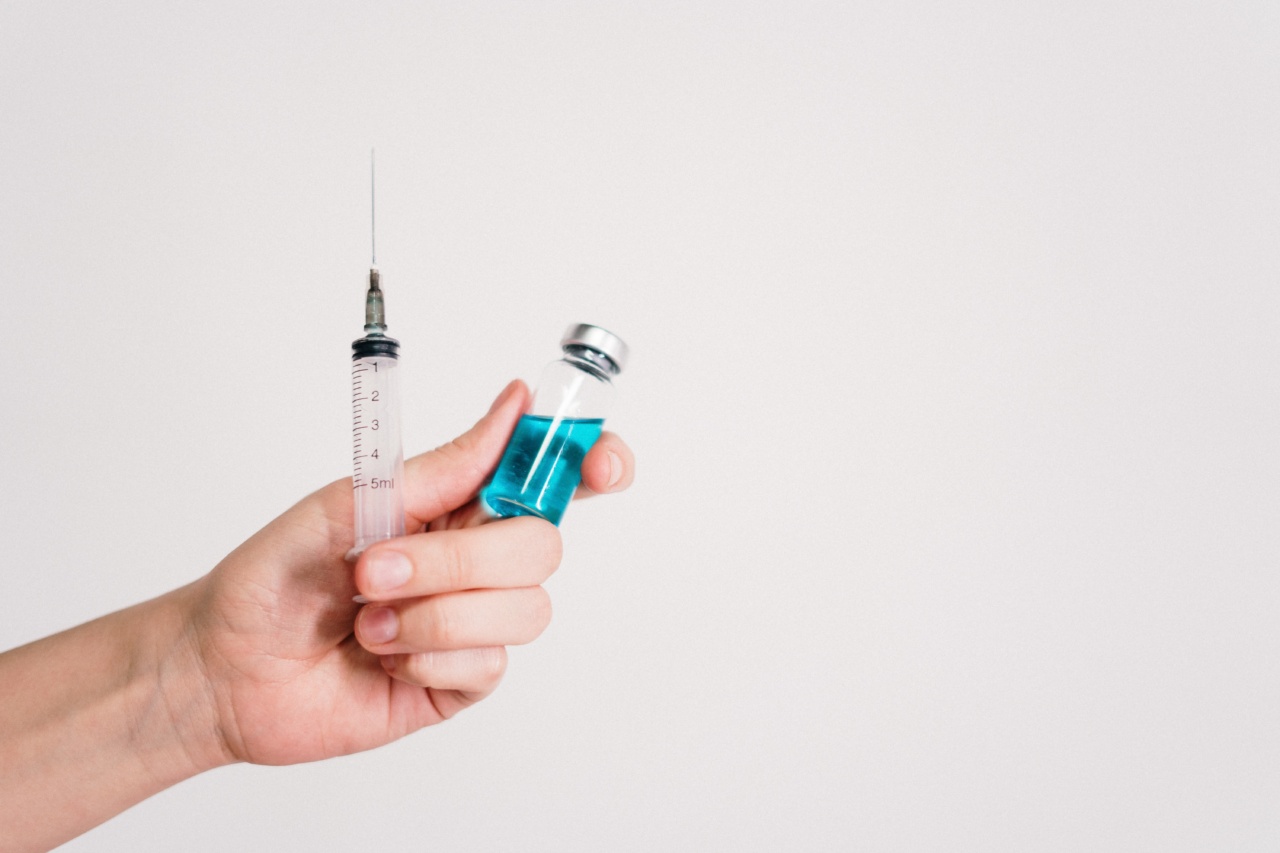The COVID-19 pandemic has caused fear and uncertainty for most people around the world. However, pregnant women have an extra layer of concern. They may wonder about the impact of the virus on their health and that of their unborn child.
With the coronavirus vaccines being rolled out globally, there are increasing questions about their safety for pregnant women and their developing babies.
The Link Between COVID-19 and Pregnancy
Studies so far have shown that pregnant women with COVID-19 may be at an increased risk of severe illness compared to non-pregnant women.
The American College of Obstetricians and Gynecologists (ACOG) reports that pregnant women who have COVID-19 are more likely to need ICU admission, mechanical ventilation, and have a higher risk of death than non-pregnant women.
Furthermore, COVID-19 in pregnant women can lead to preterm birth and other adverse pregnancy outcomes.
According to a study by the Centers for Disease Control and Prevention (CDC), pregnant women with COVID-19 are more likely to deliver prematurely and their babies may be at an increased risk of being admitted to the neonatal ICU.
Vaccination and Pregnancy
The Pfizer-BioNTech and Moderna COVID-19 vaccines have both been authorized for use in the United States under Emergency Use Authorization. In their trials, however, pregnant women were excluded.
This has led to some uncertainty on the part of pregnant women and healthcare providers regarding the safety of the vaccines during pregnancy.
Despite the lack of specific data on the COVID-19 vaccines in pregnant women, the CDC and ACOG recommend that pregnant women be offered the vaccine if they are part of a group recommended to receive it.
The Safety of COVID-19 Vaccines in Pregnancy
So far, there is no evidence that the COVID-19 vaccines are harmful to pregnant women or their developing babies. On the other hand, there is evidence to suggest that the vaccines may be safe and effective in pregnant and lactating women.
One recent study published in the American Journal of Obstetrics and Gynecology reports on the outcomes of 131 women who were pregnant when they received the Pfizer-BioNTech vaccine.
The study found no evidence of adverse pregnancy outcomes or fetal abnormalities in any of the women. Furthermore, the researchers noted that the vaccine-generated antibodies were detected in the umbilical cord blood of vaccinated pregnant women, indicating that protection may be passed onto the baby in utero.
Benefits of COVID-19 Vaccination in Pregnancy
The benefits of COVID-19 vaccination in pregnancy are likely to outweigh the risks. Pregnant women who contract COVID-19 are at an increased risk of severe illness and death, as well as pregnancy complications such as preterm birth and preeclampsia.
By contrast, the COVID-19 vaccines have been shown to be highly effective at preventing severe illness and hospitalization, including for those with underlying health conditions.
They are also likely to reduce the risk of transmission of the virus to family members and others in the community.
When to Get Vaccinated in Pregnancy
The timing of COVID-19 vaccination in pregnancy is an important consideration. Pregnant women should discuss the timing with their healthcare provider.
According to ACOG, pregnant women who are part of a group recommended to receive the vaccine should be offered it during any trimester if other criteria for vaccination are met.
Conclusion
The COVID-19 pandemic has caused concern among pregnant women around the world.
Although the vaccines have not been specifically tested in pregnant women, they are not known to cause harm and may provide significant benefits in reducing the risk of severe illness, hospitalization, and death from COVID-19. Pregnant women who are part of a group recommended to receive the vaccine should discuss the timing and safety profile with their healthcare provider.



























